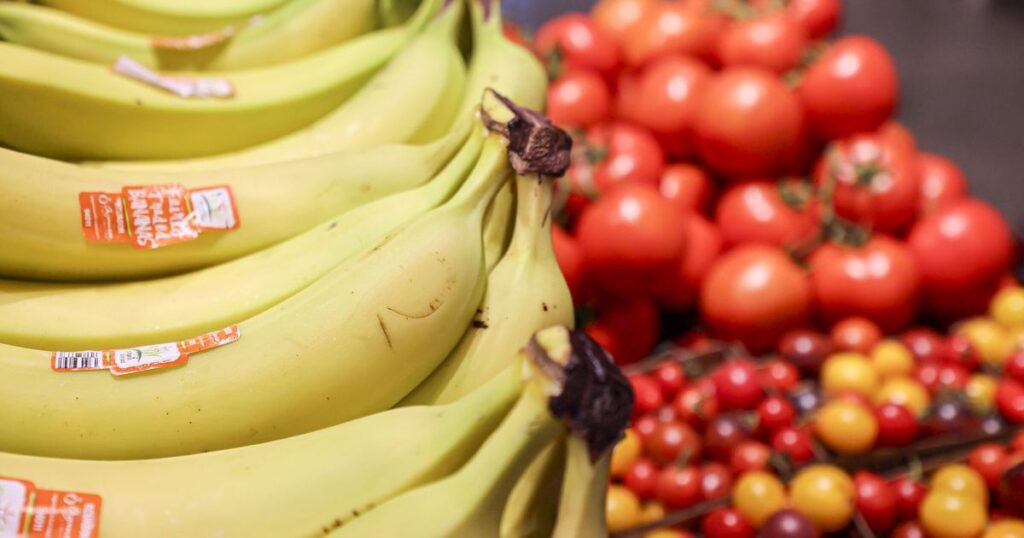As impartial grocers in Seattle, we’ve weathered many storms: a world pandemic, provide chain disruptions and the lingering results of inflation. Our small companies are greater than shops; they’re group hubs the place neighbors join, and households depend on us for recent, reasonably priced meals.
However Seattle’s proposed Enterprise and Occupation tax improve threatens to push our companies to the brink, forcing us to lift grocery costs at a time when Seattle households can least afford it. The Seattle Metropolis Council is predicted to vote to put the proposal on the November poll for voter approval.
We perceive that our group is already feeling the pressure of rising prices. We urge metropolis leaders to rethink this misguided coverage. Whereas we admire town’s efforts to deal with funds challenges, this proposal, launched by Mayor Bruce Harrell and Councilmember Alexis Mercedes Rinck, is the incorrect strategy. The politicians will say that they protected small companies by elevating the B&O tax threshold from $100,000 to $2 million in gross income. Which may sound like aid, but it surely received’t assist excessive quantity, low-margin companies like your neighborhood grocery. For grocers like us, working on razor-thin margins, the elevated tax burden on our suppliers will inevitably trickle all the way down to our cabinets and our prospects’ wallets.
Including a tax hike that impacts our suppliers solely compounds the challenges we already face. Agricultural shippers and processors, vital to our provide chain, will face larger prices below the brand new tax construction. These prices received’t be absorbed by large companies. They are going to be handed to us, the grocers and in the end to customers.
Our shops function on margins as little as 1%-2%. In contrast to giant chains, we don’t have the monetary cushion to soak up these value will increase. If our suppliers elevate costs to offset the B&O tax hike, we’ll haven’t any alternative however to go these prices on to prospects. Households already battling grocery payments, up 20% nationally since 2020, will really feel these will increase acutely. A current Washington State Food Security Survey, performed by the College of Washington and Washington State College, discovered that meals insecurity charges had been considerably larger amongst households with respondents figuring out as Black (77%) or Hispanic (70%), indicating that this tax would disproportionately influence minority communities.
The town argues the tax hike will generate $90 million yearly to deal with a $251 million funds deficit and fund human companies. We assist investing in our group, however focusing on companies in a approach that raises meals costs for Seattle households is shortsighted. Seattle’s financial problem reminiscent of excessive workplace vacancies, declining tourism and diminished shopper spending demand options that don’t burden important companies like grocery shops.
Our shops are the place neighbors meet and kids develop up. Elevating B&O taxes now, amid financial uncertainty, shouldn’t be the correct strategy.

